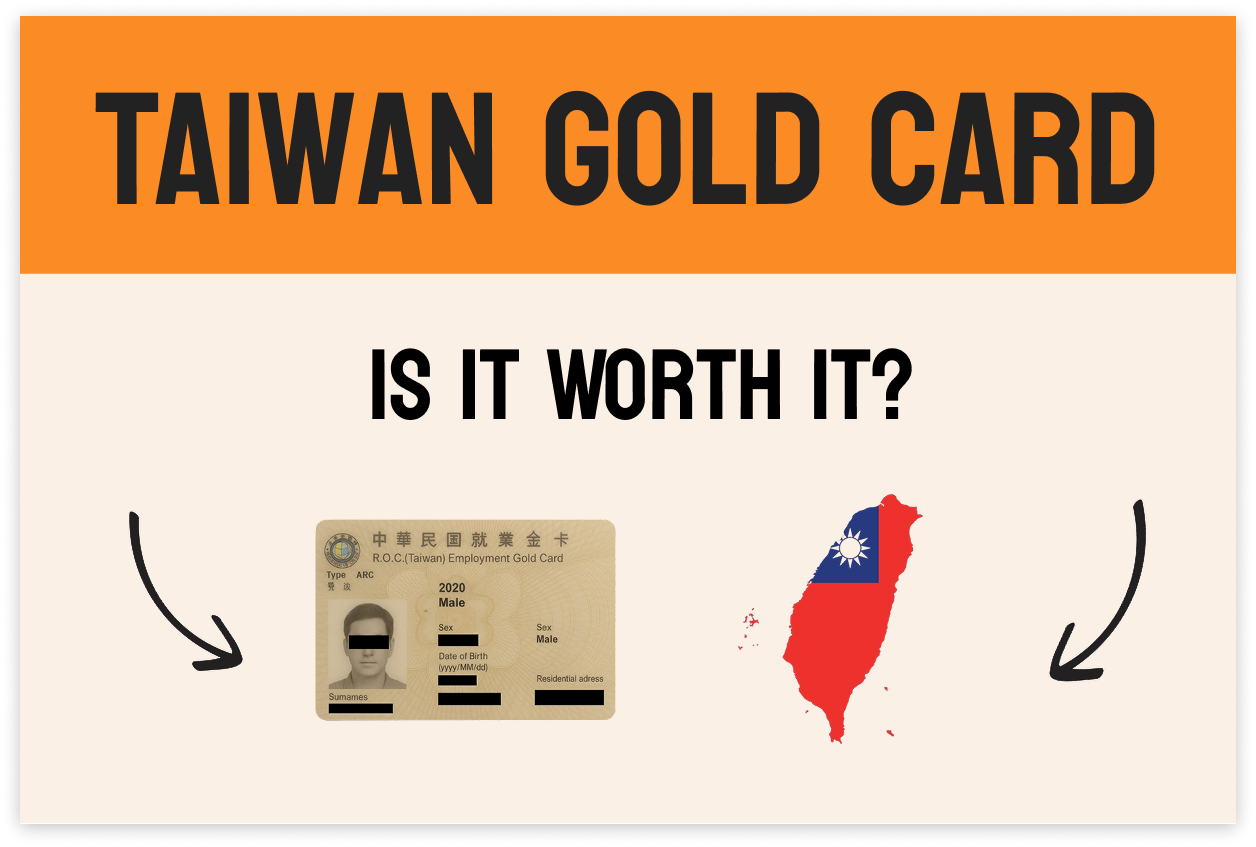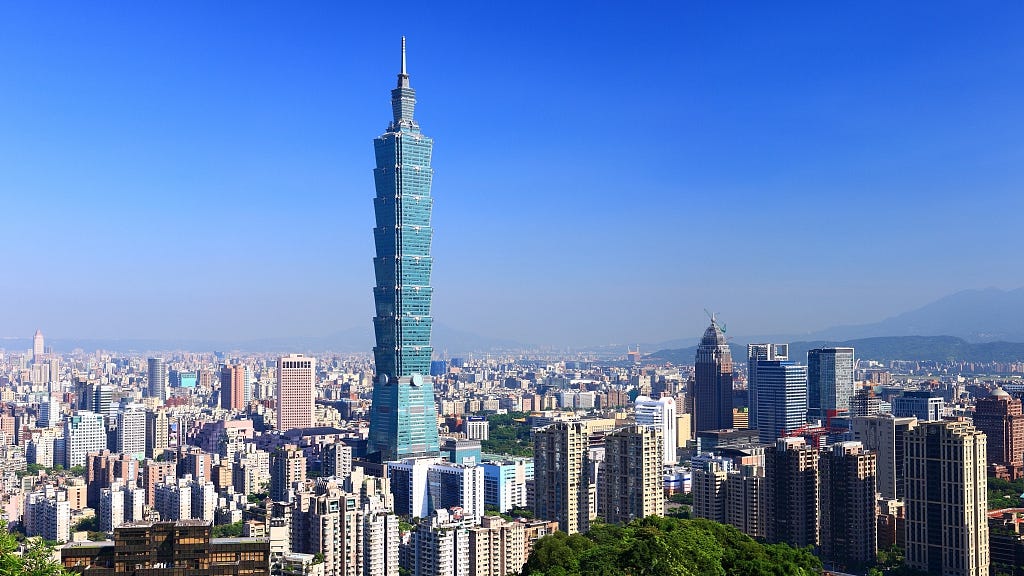Taiwan Gold Card: How To Get It And What It Brings You
A flexible visa for professionals, entrepreneurs, and remote workers.
Nobody Talks About Taiwan…
… unless it’s about the tension with China. But Taiwan actually has an interesting residency option, called the Taiwan Gold Card.
It's one of the few visas in the world that provides you with full work rights, tax benefits, and a pathway to permanent residency. For digital entrepreneurs, consultants, and solopreneurs, it might just be Asia's best-kept secret.
The Case for Taiwan
Spend enough time with digital nomads and remote entrepreneurs, and you'll begin to hear the same destinations repeated over and over: Dubai, Thailand, Portugal.
Taiwan never gets a mention.
But why?
Taiwan is one of the most developed, democratic, and liveable countries in Asia. It's clean and safe, affordable and very well connected, digitally and culturally. It just doesn't scream out for attention, and in a way, that's part of its charm.
Here, there are super-modern coworking facilities alongside 300-year-old temples. High-speed trains, universal healthcare, and some of the world's best street food. It's all here, bundled up in a relaxed, down-to-earth vibe that's difficult to get elsewhere.
This environment forms the background for the Taiwan Gold Card: a government-backed residency program that offers global professionals a secure home base, work freedom, and a portal to long-term life in Asia.
As countries compete for talent, Taiwan is quietly working on building something that actually works.
Now, let’s check out what the Gold Card has in stock for you.




